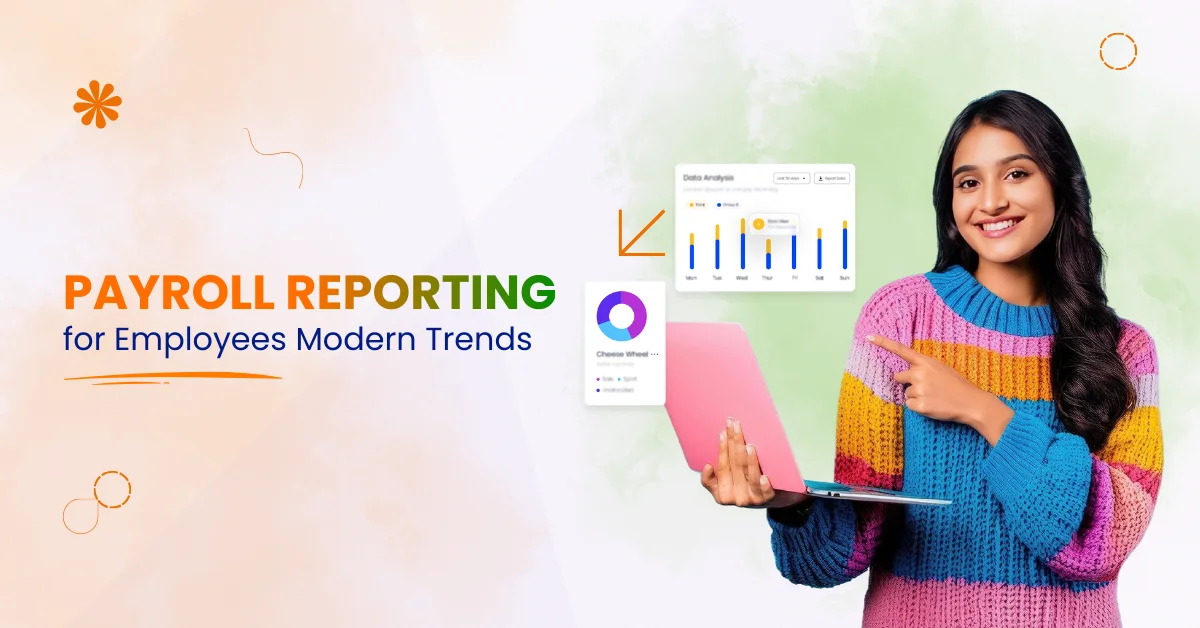Introduction to Payroll Reporting
What is a Payroll Report?
- A payroll report is a document that compiles detailed payroll data for analysis, including employee wages, deductions, and employer tax contributions.
- Payroll reporting is crucial for tax compliance, accurate accounting, and managing payroll expenses.
- Effective payroll reports help businesses track payroll costs, ensure compliance with tax laws, and make informed financial decisions.
- Payroll reports provide insights into employee compensation, benefits, and tax withholdings, supporting financial planning and budgeting.
- Accurate payroll data is essential for generating payroll reports, which can be created using payroll software or by manually compiling payroll information.
- Payroll reports give businesses insights that help in making informed decisions regarding hiring and salary adjustments.
Payroll reports serve as a vital tool for businesses of all sizes, providing a comprehensive overview of payroll activities over specific periods. These reports are not only essential for internal management but also for fulfilling external regulatory requirements.
By consolidating payroll data, companies can efficiently monitor labor costs, tax liabilities, and compliance with federal and state regulations. With the increasing complexity of payroll processing, leveraging advanced payroll software ensures accuracy, reduces manual errors, and saves valuable time.
Moreover, payroll reports enable businesses to analyze trends in employee compensation and benefits, facilitating strategic workforce planning and budgeting.
Payroll reports come in various forms and serve multiple purposes, ranging from providing a snapshot of company-wide payroll expenses to detailed breakdowns of individual employee compensation. They are indispensable for maintaining transparency, ensuring legal compliance, and supporting strategic decision-making.
The ability to generate frequent payroll reports allows businesses to stay proactive in managing payroll expenses, adjust to changing workforce needs, and prepare accurate tax filings. Additionally, payroll reports support the reconciliation of payroll data with financial statements, enhancing overall financial transparency and accountability.
Types of Payroll Reports
Company Payroll Reports
- Company payroll reports detail total payroll expenses for a specific period, helping businesses predict monthly cash requirements and calculate FICA taxes quarterly.
- These reports enable accurate calculation of federal income taxes, state payroll taxes, and local payroll taxes.
- Company payroll reports support financial planning, budgeting, and strategic decision-making by providing insights into workforce costs and labor costs.
- They also help businesses track employer contributions, including retirement plan contributions and insurance premiums.
- Company payroll reports are essential for managing payroll expenses, ensuring compliance with tax regulations, and making informed financial decisions.
- Accurate payroll reports help businesses track their largest expenses and budget accordingly.
Simplify your company payroll reporting with Bharat Payroll’s intelligent payroll system. Automate complex calculations and gain real-time insights into your payroll expenses. Get started with a free demo!
Company payroll reports, often referred to as payroll registers or payroll journals, provide a detailed summary of all payroll transactions within a company for a given pay period or tax year. These reports include breakdowns of gross pay, tax withholdings, employer tax contributions, benefits deductions, and net pay.
They are indispensable for preparing monthly or quarterly reports required by government agencies and for internal financial audits. By analyzing company payroll reports, management can identify trends in labor costs, evaluate the impact of overtime, bonuses, and other compensation elements, and ensure that payroll aligns with budget forecasts.
Additionally, these reports assist in preparing wage and tax statements necessary for tax filings and compliance with the Federal Insurance Contributions Act (FICA) and the Federal Unemployment Tax Act (FUTA).
Moreover, company payroll reports often include data relevant to state payroll reports and local payroll reports, which are critical for complying with regional tax obligations. These reports help businesses calculate and remit the appropriate state and local taxes, avoiding penalties and ensuring smooth operations.
The comprehensive nature of company payroll reports makes them a valuable resource for financial transparency, enabling stakeholders to understand the full scope of payroll-related expenses and liabilities.
Employee Payroll Reports
- Employee payroll reports focus on individual employee wages, deductions, and benefits, providing transparency and accuracy in payroll processing.
- These reports, also known as pay stubs or employee earnings reports, should be provided to employees monthly, with access to past reports.
- Employee payroll reports help employees understand their net pay, tax withholdings, and benefits, supporting financial planning and budgeting.
- They also enable employees to track their retirement contributions, including 401(k) or other retirement plan contributions.
- Accurate employee payroll reports are essential for ensuring compliance with tax laws and regulations, including federal income taxes and FICA taxes.
- Benefits and deductions reports break down pre- and post-tax deductions for employees.
Enhance employee satisfaction and transparency by automating pay statements with Bharat Payroll’s user-friendly platform. Ensure every employee receives accurate and timely payroll information. Schedule a demo now!
Employee payroll reports serve as an important communication tool between employers and employees. These reports provide detailed information on earnings, deductions such as income tax and social security taxes, contributions to retirement plans, and other benefits.
Regular distribution of these reports ensures employees have clear visibility of their compensation and tax obligations, which is crucial for personal financial management. Furthermore, employee payroll reports support compliance with labor laws that require employers to furnish pay statements.
By maintaining accurate and accessible records, employers can quickly resolve any payroll disputes and provide necessary documentation for loan or mortgage applications.
In addition to standard employee payroll reports, employers may also provide detailed benefits and deductions reports that itemize various pre-tax and post-tax withholdings. These detailed reports help employees understand the full scope of their compensation package, including health insurance premiums, retirement savings, and other voluntary deductions.
Providing clear and comprehensive employee payroll reports fosters trust and satisfaction, contributing to a positive workplace environment.
Certified Payroll Reports
- Certified payroll reports are mandatory for government contractors, who must submit these reports weekly to ensure compliance with federal and state regulations.
- The federal certified payroll form is WH-347, while states and localities have equivalent forms.
- Certified payroll reports require accuracy and attention to detail, as errors can result in penalties and fines.
- These reports help businesses track payroll expenses, including labor costs, and ensure compliance with tax laws and regulations.
- Certified payroll reports are essential for government contractors, as they provide a record of payroll expenses and ensure compliance with federal and state regulations.
- Employers must file Form 940 annually to report FUTA taxes for employee unemployment benefits.
Stay compliant with certified payroll reporting requirements effortlessly. Bharat Payroll’s AI-enabled payroll services simplify report generation and submission. Book your free demo today!
Certified payroll reports are specialized documents required primarily for contractors working on federally funded construction projects. These reports detail the wages paid to each employee, hours worked, job classifications, and the fringe benefits provided.
The purpose is to verify that workers are compensated according to prevailing wage laws and labor standards. The federal WH-347 form is the standard for certified payroll reporting, but many states and local governments have their own forms and submission schedules.
Given the strict compliance requirements, accurate and timely certified payroll reports help contractors avoid costly penalties and maintain good standing with government agencies.
Certified payroll reports not only ensure compliance with the federal government but also address the requirements of state payroll reports and local payroll reports related to government contracts.
These reports provide transparency and accountability, demonstrating that contractors adhere to wage regulations and labor standards at all jurisdictional levels.
Creating Payroll Reports
Creating payroll reports involves gathering payroll data from various sources, including time tracking systems, payroll registers, and tax filings. The process requires careful attention to detail to ensure accuracy and compliance with tax regulations.
Utilizing payroll software automates much of this process, reducing human error and improving efficiency. Businesses should establish a regular schedule for generating payroll reports, such as monthly or quarterly reports, to align with tax filing deadlines and internal financial planning.
Additionally, reports should be reviewed and audited to verify the accuracy of employee wages, tax deductions, employer tax contributions, and benefits. Every pay cycle, payroll summary, employee earnings, deductions, and time tracking reports should be run to verify accuracy before payments are made.
Generating quarterly payroll reports is particularly important for meeting federal and state tax filing requirements. These reports consolidate payroll data over a three-month period, providing a comprehensive overview of payroll expenses, tax withholdings, and employer contributions.
Timely generation and submission of quarterly reports help businesses avoid penalties and maintain good standing with the federal government and other regulatory agencies.
Generating and Managing Payroll Reports
Effective management of payroll reports requires a centralized system that consolidates payroll data and provides easy access to detailed reports. Automation tools can generate payroll summaries, tax statements, wage and tax statements, and other necessary documentation quickly.
Businesses should also maintain records of payroll reports for the entire tax year to support audits and compliance verification. Integrating payroll reporting with other HR functions, such as time and attendance tracking, helps analyze time attendance metrics and ensures accurate payroll processing.
This holistic approach to payroll management reduces administrative burden and enhances financial transparency. Employers can leverage payroll reports to forecast future labor costs based on historical data.
Local payroll reports and state payroll reports are integral components of payroll management, requiring businesses to submit accurate data to various government agencies.
Automation simplifies the generation of these reports, ensuring compliance with diverse tax regulations across jurisdictions. Maintaining organized records of all payroll reports facilitates smoother audits and supports strategic financial planning.
Payroll Report Examples and Templates
Payroll report templates typically include sections for employee information, pay period dates, hours worked, gross pay, deductions, employer tax contributions, net pay, and year-to-date totals.
Templates can be customized to meet specific business requirements or regulatory standards, such as including certified payroll details or retirement contributions reports. Utilizing standardized templates ensures consistency across reports and simplifies the review process.
Many payroll software solutions offer built-in templates that can be modified to generate payroll summary reports or detailed employee payroll reports as needed. Custom payroll reports can be generated based on specific filters to track key payroll details.
Benefits of Payroll Reports
Payroll reports provide numerous benefits beyond basic payroll processing. They enable businesses to analyze payroll expenses comprehensively, identify cost-saving opportunities, and forecast future payroll costs accurately.
By maintaining detailed payroll records, companies can ensure compliance with tax regulations, avoid penalties, and facilitate smoother audits. Payroll reports also enhance financial transparency, supporting better communication with stakeholders and government agencies.
Furthermore, these reports empower HR and finance teams to manage employee compensation effectively, monitor retirement contributions, and analyze labor costs in relation to business performance.
Best Practices for Payroll Reporting
Implement best practices effortlessly using Bharat Payroll’s automated payroll software, ensuring accurate payroll reports and compliance every time. Schedule your demo now!
To maximize the effectiveness of payroll reporting, businesses should adopt best practices such as generating frequent payroll reports aligned with pay periods and tax filing schedules. Utilizing accurate payroll software reduces errors and streamlines data collection.
Regular audits of payroll reports help identify discrepancies early and maintain data integrity. Keeping employee information up to date ensures accurate tax withholdings and employer tax contributions.
Additionally, combining payroll data with performance metrics can provide deeper insights into workforce management and compensation fairness. Adhering to these practices supports compliance, enhances financial planning, and improves overall payroll management.
Conclusion
Transform your payroll reporting and HR management with Bharat Payroll’s innovative AI solutions.
Simplify complex processes, improve accuracy, and focus on growing your business. Our advanced platform automates payroll processing, generates detailed and accurate payroll reports, and ensures compliance with all tax regulations, including federal income tax, Medicare taxes, and Social Security taxes.
With Bharat Payroll, you can easily manage employee wages, deductions, employer tax contributions, and retirement contributions, all within a user-friendly interface. Experience seamless integration with your existing HR systems and enjoy real-time insights into payroll expenses and labor costs, empowering you to make informed financial decisions.
Say goodbye to manual errors and time-consuming tasks—our AI-driven technology streamlines payroll management, enhances financial transparency, and supports your business growth every step of the way. Whether you need monthly, quarterly, or annual payroll reports, Bharat Payroll delivers accurate and easy payroll reports tailored to your specific needs.
Discover the future of payroll management today and take the first step toward transforming your business operations.
Frequently Asked Questions (FAQs)
1. What is a payroll report?
A payroll report is a detailed document that compiles employee wages, deductions, employer tax contributions, and other payroll data for a specific pay period. It helps businesses manage payroll expenses and comply with tax regulations.
2. Why are payroll reports important?
Payroll reports are essential for accurate payroll processing, tax compliance, financial planning, and budgeting. They provide transparency into employee compensation and help businesses track labor costs and tax obligations.
3. What are the different types of payroll reports?
Common types include company payroll reports, employee payroll reports, certified payroll reports, payroll tax reports, time tracking reports, and retirement contributions reports. Each serves a specific purpose in payroll management and compliance.
4. How often should payroll reports be generated?
Payroll reports should be generated regularly, often monthly or quarterly, to align with pay periods and tax filing requirements. Frequent payroll reports help businesses monitor expenses and meet tax obligations on time.
5. What is a certified payroll report?
Certified payroll reports are mandatory for government contractors and must be submitted weekly or as required to demonstrate compliance with federal and state labor laws. The federal form WH-347 is commonly used for this purpose.
6. Can payroll reports help with tax filings?
Yes, payroll reports provide the necessary information for accurate tax filings, including federal income tax, Medicare taxes, Social Security taxes, and unemployment tax. They help ensure compliance with the Federal Insurance Contributions Act and the Federal Unemployment Tax Act.
7. What software can I use to create payroll reports?
Accurate payroll software solutions like QuickBooks, ADP, Gusto, and Rippling can automate payroll processing and generate easy payroll reports, reducing errors and saving time.
8. How do payroll reports support financial transparency?
Payroll reports offer detailed insights into payroll expenses, employer contributions, and employee remuneration, enabling informed financial decisions and ensuring compliance with government agencies.
9. What information is typically included in a payroll report?
Payroll reports generally include employee wages, gross pay, net pay, tax deductions, employer tax contributions, retirement contributions, and pay period details.
10. Are payroll reports required by law?
Certain payroll reports, such as payroll tax reports and certified payroll reports, are legally required to be submitted to government agencies to comply with tax regulations and labor laws.






